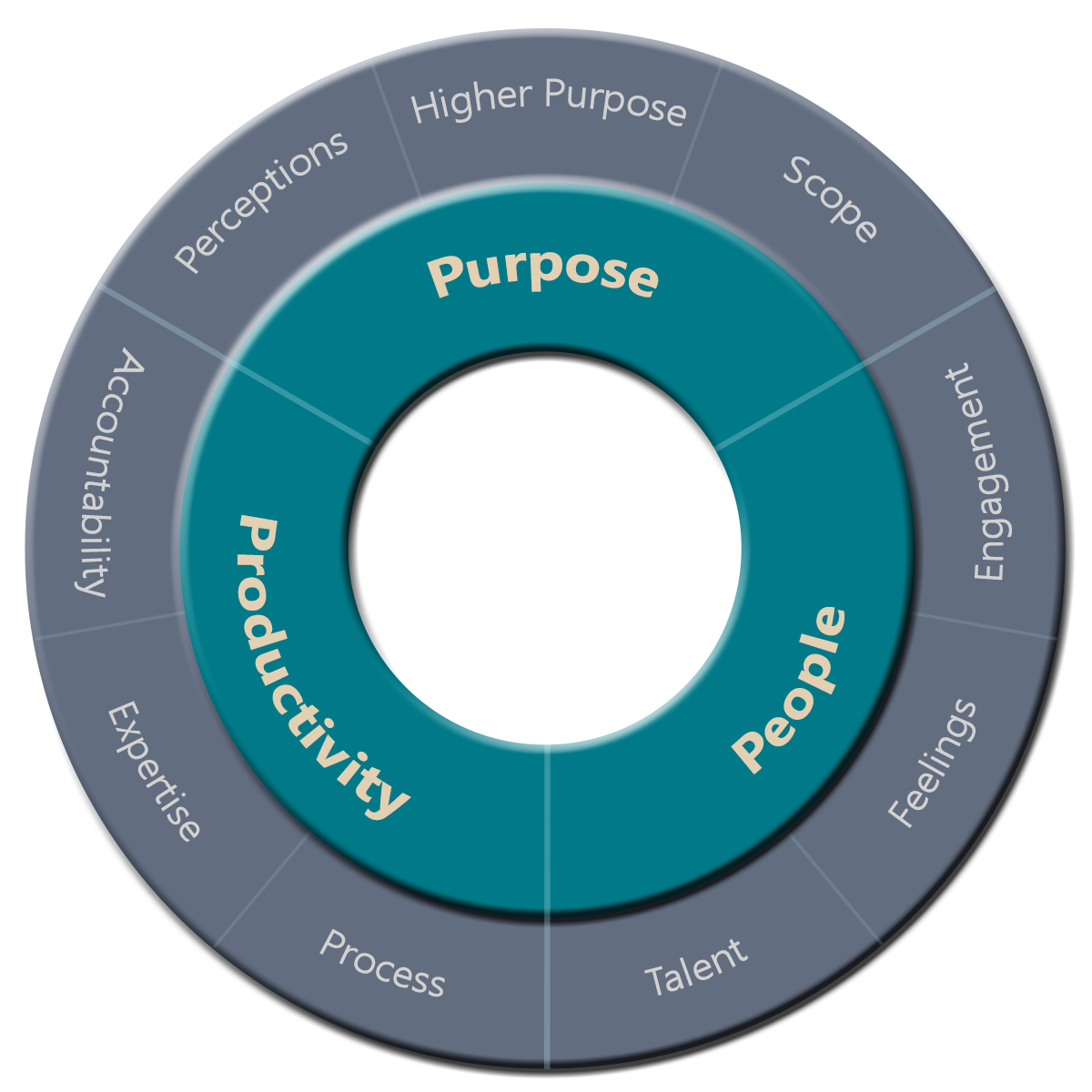SMART – What each letter really means!
The SMART goals technique is arguably the most well-known of all goal-setting techniques. How to set goals is really important if you want to be more productive, have success, and ultimately achieve your goals.
The acronym S.M.A.R.T. is well used across the world. But knowing what it stands for is only the start, you need to understand the individual components to make it work for you and improve your productivity and effectiveness.
Anyone can set a goal, but if it ain’t specific, you’re saying you don’t care what you achieve or if you achieve it. Denzel Washington said, “Dreams without goals are just dreams”.
So if it’s important to you and you want it, get specific and go for it. In this video, we explore the types of measures and how to make them work for you. SMART goals are essential to the Thinking Focus Toolkit for Team Leaders and Managers. Watch this video to find out.







